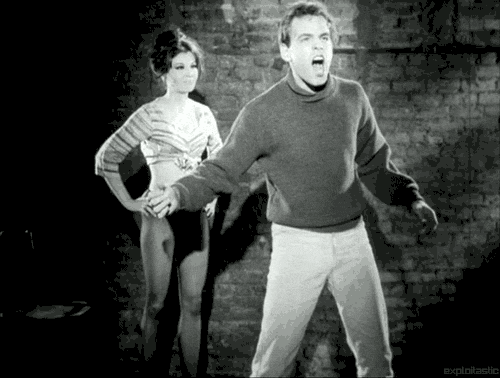All of what I’m about to say is in my capacity as a fellow writer giving writing advice to other writers. I am NOT a lawyer, I am NOT giving you any legal advice. I do NOT represent you or your legal interests in any way. Please do not give me any confidential information. Any such information will not be privileged.
Over this week I’m going to share some of what I learned – to benefit authors, editors, and well-meaning publishers. I’ll tell you what I did right, where I messed up, and I’ll share an (anonymous) example of a bad contract. I want your comments, corrections, and horror stories. That way we all know what to look for, and hopefully a bit of why. (Part 1)
And for the rest of you “publishers” who used contracts to screw over everyone else…

Bad Things Happen
I hinted at one of the bad things above – that publishers have started trying to sell individual stories out of anthologies without explicitly telling the authors what they’re doing. This is so horrible on so many levels that it makes me furious just thinking about it.
More and more publishers are wanting full exclusive rights to anything they touch… and if a publisher has a non-exclusive right to that story, then there’s a big problem. But it’s worse! Think about this – how many Stephen King novels and movies started out as a short story? There is a real possiblity that a publisher holding on to that non-exclusive of the inspiring short story might throw a wrench in that future sale. This means there is no such thing as “just a short story” any more.
Also, a disturbing number of small publishers are using the sale of author copies to generate income for themselves. Here’s your superpower, authors and editors: You can look up how much it costs them. CreateSpace, for example, lets you plug in the numbers so you can see what the publisher pays.
https://www.createspace.com/Products/Book/#content5:royaltycalcTable
Please note: That difference between cover price and the buy author copy rate is NOT what I make for each book you buy from Amazon, B&N, or even directly from the website. if you poke around more, you’ll also see that selling copies through Amazon or “expanded distribution” is considerably more expensive. I price my print books so that the authors make about the same as with the digital book. Only my authors get copies at cost – largely so that they can make some money if they decide to sell books at a signing or convention. I think that’s pretty fair.
I’ve managed to get this far doing a lot of work on a handshake – because I know the people I’ve worked with. But as I “level up”, I’m working with more people who have barely heard of me. So I do a lot of work to ensure that my contracts protect against the horror stories and sneaky publisher tricks that I hear about (or experience).
So next we’ll look at a bad contract, and what makes it bad.
#SFWAPro
